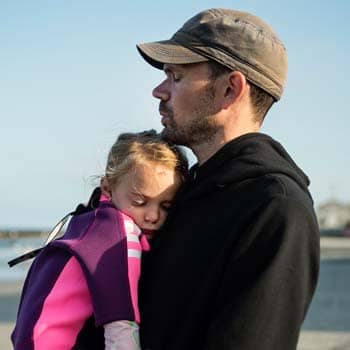What is a Discharge Plan and Aftercare?
The American Heritage Dictionary defines aftercare as “Follow-up care provided after a medical procedure or treatment program.” This action is based specifically on a prior action having been received. The same dictionary defines discharge as “To release from confinement, care, or duty: discharge a patient; discharge a soldier.“
For instance, your loved one attended a residential treatment program and completed the service. Usually, a centre counsellor meets with the person at the end of their treatment. The staff member and resident do a departure assessment and a discharge plan to plan out steps to be followed or done by the person. This finishing step doesn’t include family and friends.
Let’s examine this in terms of application and consider how family and friends can be part of the process.
The Release Steps When a Program is Complete
The discharge protocols may encompass additional steps beyond those listed below from one treatment center to another. Individuals completing the program would have these key steps as part of their actions.
First: the person’s immediate goals and intentions
This step includes what the person wishes to do upon release.
What do they feel needs to be done or would like to do? It would consist of that “thing,” “action,” or “existence” the person wants for themselves. It has nothing to do with any other person.
It is vital for an individual who has achieved the full results of a treatment program to be allowed to be, do, or have for themselves. The person has denied themselves so much of life over their abuse that now it’s time to care properly for themself.
Second: “living arrangements.”
A person may already have an arrangement made, but it is the counsellor’s job to ensure that it is a safe and supportive environment.
Recognize that the person may have been “couch surfing” for weeks or months before detox with no immediate solution. Sober living homes are available for such circumstances.
Upon release, the individual needs a proper living arrangement. If not, the person can easily fall back into old habits.


Third Important Point: “work stability”
The center and the person must establish what work is available. They will need to figure out an income source.
Others may have a job waiting for them, though they return with expectations from executives and co-workers.
The person must have a plan to earn income. Productivity is a key aspect of drug—or alcohol recovery. Sometimes, this can include returning to school to gain new skills.
Fourth Point: “Family expectations.”
In this context, an established plan outlining how the individual will address the harm caused to others due to their substance abuse. If this point is not taken care of can capsize their recovery efforts.
Also, planning how to deal with those who may be enablers is important. The facility and the individual would get the family’s input on what they expect from the graduate.
How will they be received after treatment?
The person finishing the program has gone through many changes. But the people related to them have not. They may still think the graduate is untrustworthy. Getting this cleared up before release is necessary for harmony to exist at home and in relationships.
Aftercare as Such
Finally, there may be many other issues the person will have to deal with in recovery. Once the program is complete, the real work starts.
Aftercare can imply sessions with an addiction counsellor; many treatment centres offer that possibility. Some people need to deal with legal matters. Making amends is an important step and, if not already addressed, should be in the discharge plan.
If not already done through the treatment facility, a person may need to connect with AA, NA, or other support groups. A buddy system or a sponsor is often suggested to help them go through rough patches in recovery.
In any case, the aftercare is just as important as the program.
Here are some other support groups with a link to their website:
- Smart Recovery
- Women For Sobriety
- S.O.S (Secular Organizations for Sobriety)
- MM (Moderation Management)
- LifeRing
Testimonials

Marc J. Bernard
Author,
Substance Use Disorder & Recovery Professional,
Referral & Consultation Counsellor


